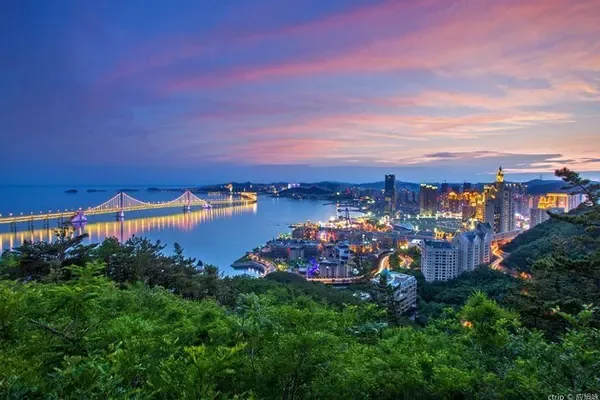The road to Kashgar is the most difficult journey in the whole Xinjiang tour. First take a tourist train from Urumqi to Korla for one night, and then take a long-distance bus to Hotan. I thought this bus would take the desert road and cross the Taklamakan, but because I was the only one who bought the ticket, the two Uighur drivers changed the driving route to carry more passengers on the road, taking Kuqa, Aksu, Markit, and Yecheng. Then to Minfeng, so I had no choice but to get off the car at Markit the next morning. This area already belongs to the Kashgar area, and there are very few Han people. In my panic, I just wanted to hurry to Kashgar, so I chartered a Santana.
The road conditions are very good. Thinking that this is the westernmost part of the motherland, I feel a little excited. There were very few cars, and many white quails walked on the asphalt road, and only flew up when the car was very close. The driver is very good at doing business, and people keep getting up and down, giving him three or five yuan. Every time a person came up, we would look at each other. The Uighurs in the countryside here generally don't understand Hanhuo, so we can only communicate with them with eyes. The poplar trees on the side of the road grow really tall, and there are a few sections of the road that can completely cover the sun. I think if it is late autumn, when the leaves turn golden, what will it be like to walk this road? It really makes people want to .
It was past two o'clock in the afternoon when we arrived in Kashgar, but it was only past eleven o'clock in the morning here, and it was time for lunch. Walking on the street, the sunshine of Central Asia makes people drowsy. Kashgar is an important town on the ancient Silk Road, and many well-preserved Turkish-style courtyards are scattered among modern buildings. Wandering in the alleys seems to be in the background of the story of "Arabian Nights". Every lane has many forks, it is deep and quiet, and occasionally you can see traditional Ai Li's silk hanging in the yard with the door open. The sun is playing the game of light and shadow in the alley, but I dare not take pictures casually. Every time I meet a Uighur woman, I am amazed, especially the girls. It is not an exaggeration to describe them as beautiful as angels. The Uighurs not only have the delicate and clean skin of the Orientals, but also have high noses, deep eyes, and well-defined outlines like Westerners. Didn't a Xiangfei make Emperor Qianlong fascinated, so the tomb of Xiangfei is a must-see when traveling to Kashgar.
The Xiangfei Tomb is called the Abahoja Tomb locally, and more than 70 people from the Abahoja family, old and young, are buried in it, including Xiangfei. There are several such cemeteries in Kashgar, and even public cemeteries are in the city. Uighur young people like to go to the cemetery when they talk about love, maybe they think that there is no room for hypocrisy in front of the dead of their ancestors. When you come to Kashgar, there is another place that you must mention, and that is the Altinel Mosque. It is the largest mosque in China, but it is not as magnificent as imagined. Since the "true God Allah" believed in by Islam has no specific image, there is nothing special in the temple except for a few halls and a cleansing room. Outside the temple is a bustling square, which becomes the famous "Grand Bazaar" (bazaar) on Sundays. With the temple as the center, there are several streets that specialize in making jewelry, selling handicrafts and snacks. Uyghurs are a nation that is very good at doing business, and this can be seen from this.
Although it is not easy to get to Kashgar, but here you can slowly experience the rich customs of ethnic minorities, I just walk casually every day. The Uighurs are very hospitable. When the taxi driver learned that I wanted to visit the local people’s home, he took me to a friend’s house so that I could experience the daily life of the Uighurs...
"If you don't go to Xinjiang, you don't know how vast the motherland is." The fifteen days and nights in Xinjiang made me realize this deeply. I believe that everyone who travels to Xinjiang will have the same feeling as me, that is, there are too many things to describe, and there are even more regrets left. But it doesn't matter because I will go again

